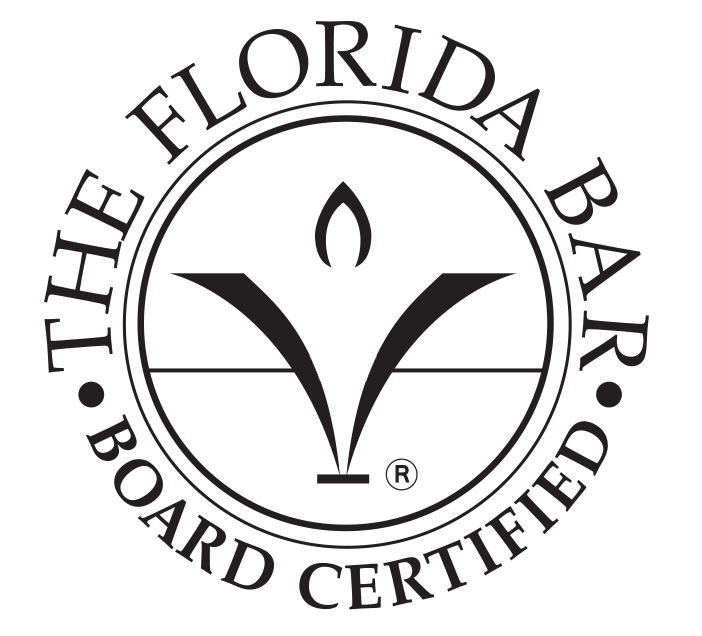How to Recognize Credit Discrimination Against Your Florida Business
Using your credit score to gain access to loans your Florida business’s operations, property, or marketing does not occur in a vacuum. Loan officers are people and, by extension, are imperfect beings with biases and prejudices. This is not to say that most or even a significant number of these financial personnel have deep-seated prejudices. However, there is a good reason for laws, such as the Equal Credit Opportunity Act and Fair Housing Act (“ECOA”), that seek to reduce the effects of discrimination relative to the extension of credit.

The ECOA aims to prevent discrimination in lending, while the Fair Housing Act’s primary purpose is to provide victims of discrimination in real estate transactions with a path to legal recourse. Because a mortgage is one of the most common types of loans, the Fair Housing Act figures heavily into mortgage lending.
Three Main Types of Credit Discrimination
According to a policy statement from the Federal Deposit Insurance Corporation (FDIC), three prominent classifications of credit discrimination make up the vast majority of cases. They are:
- Disparate treatment — A lender treats an applicant differently from another applicant due to his or her membership in a protected class (more on that below).
- Disparate impact — A policy or rule of a lender disproportionately affects a protected class even though the policy or rule facially applies to everyone.
- Overt discrimination — A lender engages in blatant discrimination against someone in a protected class. For example, hearing a representative of a lender say, “We don’t usually offer mortgages to people who look like they’re from the Middle East” should trigger such a concern.
What Is a Protected Class?
In the eyes of the law, you generally must be part of a protected class in order to be the victim of discrimination. For the purposes of mortgage lending, you cannot receive unfair treatment based on your:
- Race
- Religion
- Marital status
- Color
- Sex (including, generally, gender identity and sexual orientation)
- Age (as long as you are an adult)
- Status as a recipient of public assistance
What are Common Signs of Credit Discrimination?
There are numerous symptoms of discrimination when dealing with lending institutions; some common ones are:
- Being offered a loan at a higher interest rate than the rate for which your credit score should qualify you.
- The changed demeanor of a loan officer when you meet in person after speaking over the phone.
- Being denied credit without an explanation or instructions on how to find out the reason for your rejection.
What Should You Do If You Suspect Discrimination?
Check online to see if the lender has an avenue for you to lodge a complaint. If you don’t feel comfortable presenting the company with your complaint, contact your state’s Attorney General to see if any state laws were broken. A good option is to submit a complaint with the Consumer Financial Protection Bureau.
Record as much as possible – emails, phone calls, names, dates, etc – regarding your interactions with the lender. At Sutton Law Group, we want to see your Florida business succeed. Contact Sutton Law Group for help with any Florida commercial business litigation needs. We are dedicated to protecting your rights!














